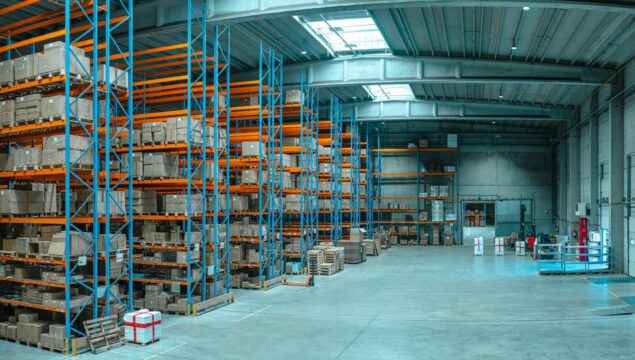Key Logistics Considerations for Manufacturing in Tijuana or Monterrey
Manufacturing in Mexico continues to attract companies from around the world, and two of the most strategic locations are Tijuana and Monterrey. While both offer access to skilled labor, industrial parks, and proximity to the U.S., the real difference in success often comes down to logistics. In this article, we highlight the key logistics considerations you must evaluate when setting up or expanding manufacturing operations in these vital regions.

1. Cross-Border Proximity and Customs Flow
Tijuana’s location just south of San Diego offers unmatched cross-border access, especially for companies serving U.S. West Coast markets. Monterrey, while inland, is well-connected to the Laredo port of entry via efficient roadways. Understanding port-specific customs workflows, available brokers, and peak-hour delays is key to reducing clearance times.
2. Availability of Warehousing and Staging Facilities
Both cities offer access to Class A industrial parks and warehousing. Tijuana is better suited for nearshore just-in-time (JIT) inventory models due to its closeness to the U.S., while Monterrey supports larger staging operations with more expansive distribution centers. Evaluate needs based on your production tempo.
3. Inland and Local Transportation
Consider drayage partners, trailer exchange yards (patios), and last-mile connectivity. Monterrey benefits from strong highway and rail access for national distribution, while Tijuana’s transportation ecosystem is built for cross-border transfers and San Diego-based fulfillment.
4. Security and CTPAT Readiness
Many manufacturers must comply with CTPAT or other security certifications. Tijuana and Monterrey both host logistics providers familiar with these standards. Evaluate perimeter control, seal protocols, and shipment traceability in your site selection and partner vetting.
5. Integrated Vendor Management
Logistics coordination in Mexico benefits greatly from integrated partners who can combine freight, customs, and warehousing under one umbrella. This is particularly important when dealing with international suppliers, component imports, and export-ready products that need staged coordination.
Conclusion
Choosing Tijuana or Monterrey as your manufacturing base is a strategic decision—but aligning your logistics infrastructure with the region’s strengths is what will make the difference. At Novic Logistics, we specialize in cross-border logistics integration, warehousing, customs brokerage, and transportation support for manufacturers across Mexico. Let us help you build a smarter, more agile supply chain.
